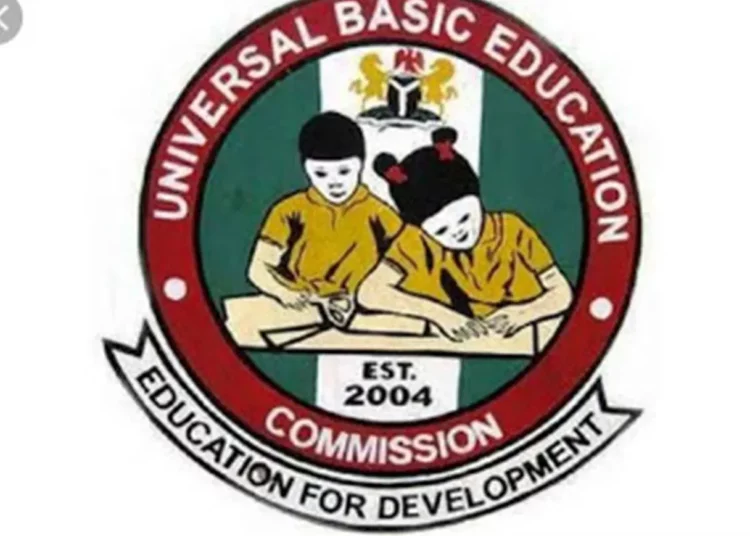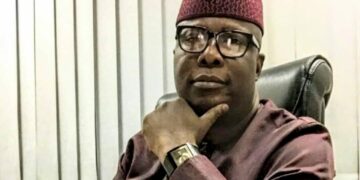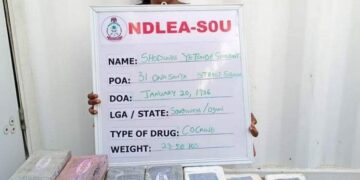Executive chairman of the Bauchi State Universal Basic Education Board (BA-SUBEB), Alhaji Adamu Muhammad Duguri, has expressed concern over the slow progress of educational development in the Northern region of Nigeria since independence.
He made the observation yesterday during a three-day capacity-building workshop on Technological Pedagogical Content Knowledge (TPACK), which was held at the Smart School in Bauchi, organised by Bauchi SUBEB in collaboration with the Universal Basic Education Commission (UBEC). The training targets officers from planning, research and statistics departments, principals, and head teachers across the state.
Duguri described it as regrettable that many Northern states, including Bauchi, are still engaged in school enrollment campaigns decades after independence, stating that the situation calls for serious reflection and a renewed commitment.
The SUBEB chairman also expressed dissatisfaction with the low turnout of participants at the workshop but assured that the state government remains determined to tackle all challenges hindering the growth of the education sector.
He urged the participants to pay attention throughout the sessions in order to gain the necessary skills and knowledge to enhance teaching and learning in their respective schools.
Earlier, the deputy director of planning, research and statistics, Mr Abdu Ishaku, explained that the workshop aims to strengthen the professional capacity of 130 participants and improve the quality of basic education in Bauchi State.
He commended Governor Bala Abdulkadir Mohammed, the executive secretary of UBEC, Dr. Aisha Garba, and the SUBEB chairman for their visionary leadership and continued support toward improving education standards in the state.
Ishaku also appreciated the resource persons for honouring the invitation and for their readiness to share their wealth of experience with the participants.
One of the resource persons and a lecturer from Witwatersrand, Johannesburg University, South Africa, Prof. Lawan Abdulhamid, emphasised the need for every classroom in Bauchi State to be technology-enabled in order to promote creativity, curiosity, and collaboration among students for better learning outcomes.
Abdulhamid outlined the objectives of the training to include enabling participants to use computers and digital tools effectively, integrating both digital and non-digital resources in teaching, conducting digital assessments, and identifying as well as overcoming barriers to technology use in schools.
He noted that the workshop aims to build teachers’ confidence and competence in using technology, bridge the digital divide across schools, enhance classroom experiences through interactive learning tools, and strengthen teachers as digital educators and innovators.
“Technology cannot replace teachers, but it can inspire them to teach more effectively,” he noted.
The guest lecturer urged participants to remain attentive and dedicated throughout the training to become technologically confident and competent educators.
Some participants, Gideon and Mairo Bello, told newsmen that they had learned a lot about computer applications during the training and appealed to the state government to provide more computers to enhance digital literacy in schools.




